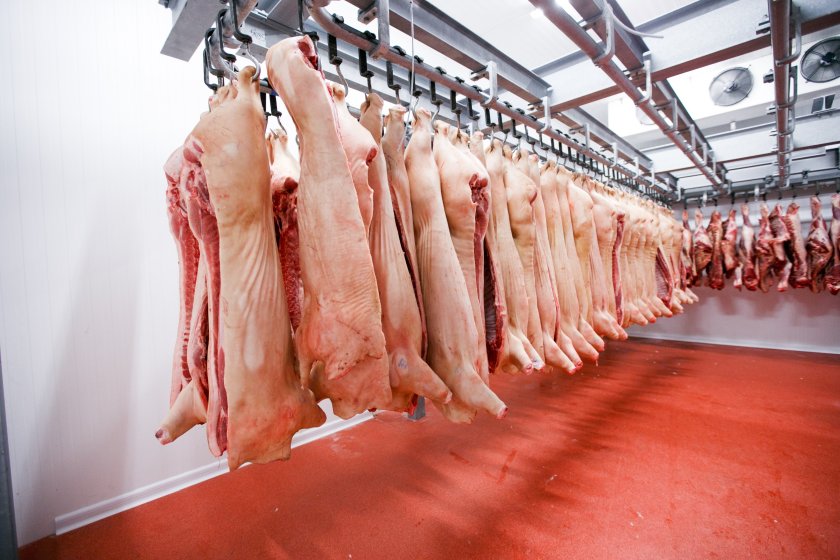
The movement of meat products between GB and NI will see new restrictions from today, in what the sector has called a further 'erosion' of firms' ability to trade flexibly.
It is now no longer possible to bring in bulk meat shipments from overseas to a central hub in mainland Britain, then send it onwards in smaller consignments for further processing to Northern Ireland.
This is because, under EU rules, which will now be fully imposed, it will be considered ‘triangular trade’ whereby a vet from one country (UK) cannot re-certify material from another country (e.g. New Zealand) for onward movement to NI.
Any hopes for this type of trade to continue were quashed when the UK government was unable to secure the easements required for it to do so within the Windsor Framework.
The British Meat Processors Association (BMPA) said it marks "another erosion of the ability of UK meat businesses to operate and trade flexibly and cost-effectively within the our own borders".
It warned that this 'obscure' trade rule would have 'real-world ramifications' for UK companies.
"Losing the flexibility to move product between processing plants forces them to have to re-jig their staffing and plant capacity," a spokesperson for BMPA said.
"It will likely rob jobs and production from Northern Ireland and require expansion somewhere on the mainland, all of which costs money, and adds to food price inflation.
"These extra layers of rules and bureaucracy only serve to add cost to businesses that already run on wafer-thin margins."
The spokesperson added: "As we’ve consistently advocated, the best way to fix this forced inefficiency is to reach an alignment agreement with the EU.
"This would instantly remove all the new trade barriers that have been erected since Brexit and restore competitiveness to a key British industry."
